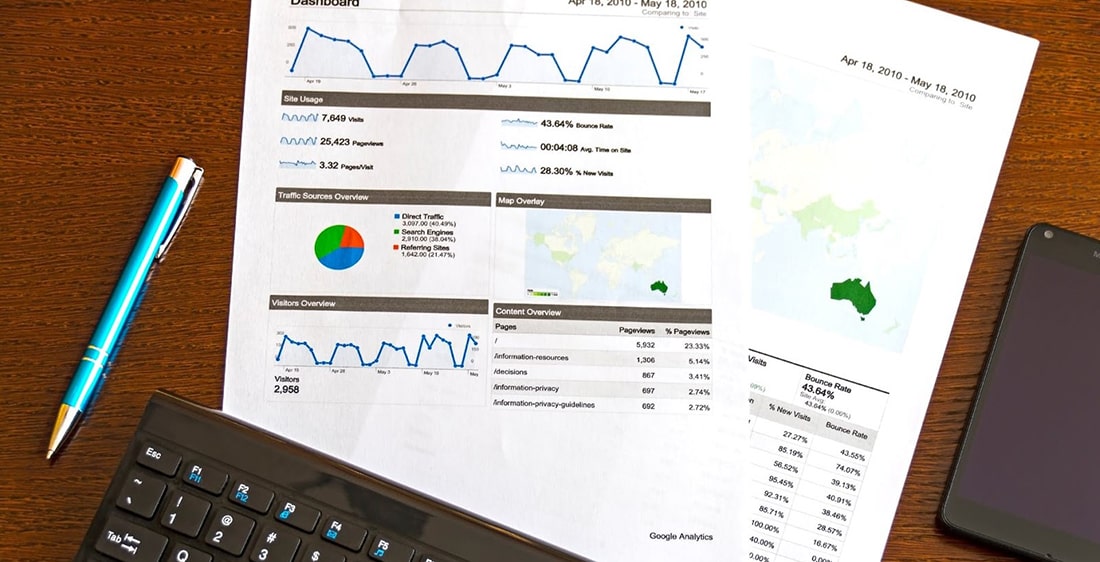Check Your Website Metadata
By using this Google SERP snippet preview tool, you can see how your page title and Meta description will appear in search engines. Keep this in mind when creating content so that your pages are more likely to be clicked on.
Search Internal Linking Opportunity
Best Metadata Checker for SEO Optimisation
In our digital era, more and more people run websites for their businesses. There’s a good chance you own one too! However, you have to keep an eye on the competition. They are typically websites offering the same products or services as you. How do you get ahead of your competitors in terms of search engine rankings?
Using good metadata and descriptions is an excellent way to keep the competition trailing you. Learning to check meta description length and performing necessary optimization helps to improve search engine visibility. While you can do much of the latter yourself, there are metadata checker tools to help you achieve the optimization your website needs.
Various free Google SERP snippet preview tools are dedicated to meta description analysis and optimizations, and you can use those to your advantage. However, if you're not familiar with these tools or don’t know how to use the data they generate, SEO experts can help you with it.

Why Is Metadata Important?
Metadata tags significantly impact your website's appearance on search engine results pages (SERPs). A single meta description tag is a piece of text that gives users a quick insight into what content is on your page; it helps them to decide if it's relevant to their search query.
Therefore, meta descriptions determine how likely visitors will click through to your website.
A meta description tag can significantly improve your site's engagement and traffic. It can also enhance your SEO rankings. A solid SEO strategy always involves optimized meta description tags.
What Are the Top Metadata Tools?
Let's introduce you to excellent metadata checker tools you can use to grow your website.
Small SEO Tools
Small SEO Tools meta tags analyzer is a free tool that shows you everything you need to know about your meta tags. It can tell the length of meta tags and their correctness. The tool also lets you know which meta tags are most appropriate for each of your pages and how you can shuffle them around.
Many SEO experts also use SmallSEOTools to check a competitor’s title tag and page title.
Yoast SEO
Yoast SEO is one of the best metadata checker plugins for your WordPress meta tags. It makes writing meta descriptions easier, giving you SEO analysis feedback each time you write one. It will warn you if the meta description is too short or too long and if the focus keyphrase needs to be present.
Counting Characters
Google doesn't count characters; instead, it uses "pixels" to check meta titles and meta description lengths. The counting characters tool provides both the pixel and character count to ensure your meta tags aren't cut off by an ellipsis (...) in the search results. Therefore, it doesn't just count characters—it also acts as a meta description pixel length checker.
What Is the Ideal Length of Metadata?

There's no absolute character limit on meta tags; however, Google will truncate HTML attributes when they become too long. To prevent this from happening to your meta tags, ensure they’re long enough to get your message across and keep the target keywords visible. A rule of thumb is to keep your meta descriptions between 100 and 160 characters.
Also, Google typically displays the first 50 to 60 characters. But since the search engine uses pixels instead of character count, keep your meta title tag length under 60 to ensure it doesn't get truncated.
How Do You Optimise Keywords in Metadata?
When optimizing your metadata SEO keywords, keep these important tips in mind:
- Use pertinent variations in your keyword tags
- Avoid using the same keyword for every page
- Use commas to separate keywords
Can You Optimise Metadata on Social Media Channels?
Like web pages, social media channels also use metadata and meta tags, which are optimizable for better visibility. Let’s see how optimization works on some of those platforms.
When sharing on social media, the three key fields you need to pay close attention to are the title, main image, and summary. On Facebook, ensure that the main image is at least 800px wide. If it's not, Facebook will ignore it and pull the first image it sees that is at least 800px wide from your page. To avoid this, you can use a Facebook pixel checker or a free meta tag analyzer tool before uploading the main image.
YouTube
Optimizing your YouTube metadata can help maximize your presence in search and suggested videos. Add title tags and descriptions captivating enough to compel users to click on your video. Avoid stuffing your titles and descriptions with keywords! Again, a meta tag analyzer tool can help you.
FAQs
How do you check metadata?
Many free meta description length checker tools online let you review your website's metadata. Popular examples are Small SEO Tools and Yoast SEO. These tools will analyze and give feedback on page titles, meta keywords, and meta tags.
How do you see the metadata of an image?
You can also use meta description checker tools to check an image's metadata. However, instead of titles and descriptions, a typical meta description checker will only show the image's metadata for attributes such as the photographer's name, date and time it was photographed, file type, and the image’s width and height in pixels.
How to structure metadata?
Structure doesn't require a meta tag analyzer; you must do it yourself. A website's metadata is typically in Hypertext Markup Language (HTML) format with a meta tag. But in most cases, you don't need to write it, especially if you're using WordPress’ web page layout. However, if you must do so, there are free meta tag analyzer programs online you can use. You just need to add your meta tags to the fields provided, and the tool will generate the HTML.
What is metadata structure?
The typical metadata structure follows a standard concept based on a well-defined metadata schema (metadata models and standards). Furthermore, you may describe the structure of each meta tag using any programming language.
Is metadata still important?
In September 2009, Google announced that metadata would no longer contribute to search results and ranking algorithms. However, each meta tag can still impact a page's click-through rate (CTR), affecting a website's ability to rank.
Is metadata important for SEO?
As with keyword research, metadata directly interfaces with search engines, providing vital information about a website's content. This includes the page description and title, making it easier to know for which search query it is relevant. With proper implementation, metadata can heavily influence your site's search engine ranking.
What metadata should I include?
Your website metadata should include a meta title and a meta description in its meta tag fields for each page.
What is metadata optimisation?
Metadata optimization is the process of enhancing your keywords and metadata. For example, the words and phrases used on your meta tag, titles, and descriptions should be as descriptive as possible.
How Do You Write a Meta Description for 2022?
When writing a meta description this 2022, you have to:
- Keep the length between 100 and 160 characters
- Make it unique for each page
- Include relevant keywords, both primary and secondary
How do you write a good meta description?
A good meta description example should include your focus keyword or keyphrase in a natural and non-spammy manner on your site's page numbers. Most importantly, it should be unique and relevant to the page it describes yet compelling enough to appeal to users to click on it.
The first rule of writing a meta description is to write compelling copy. Although many free tools can help you check your metadata online, they won't write it for you. If you're struggling with your SEO campaigns, you can always approach an SEO professional to help you achieve higher click-through rates.
To help you grow your business even further, check out the five things your website needs the most. You’ll learn vital tricks of the SEO trade!

